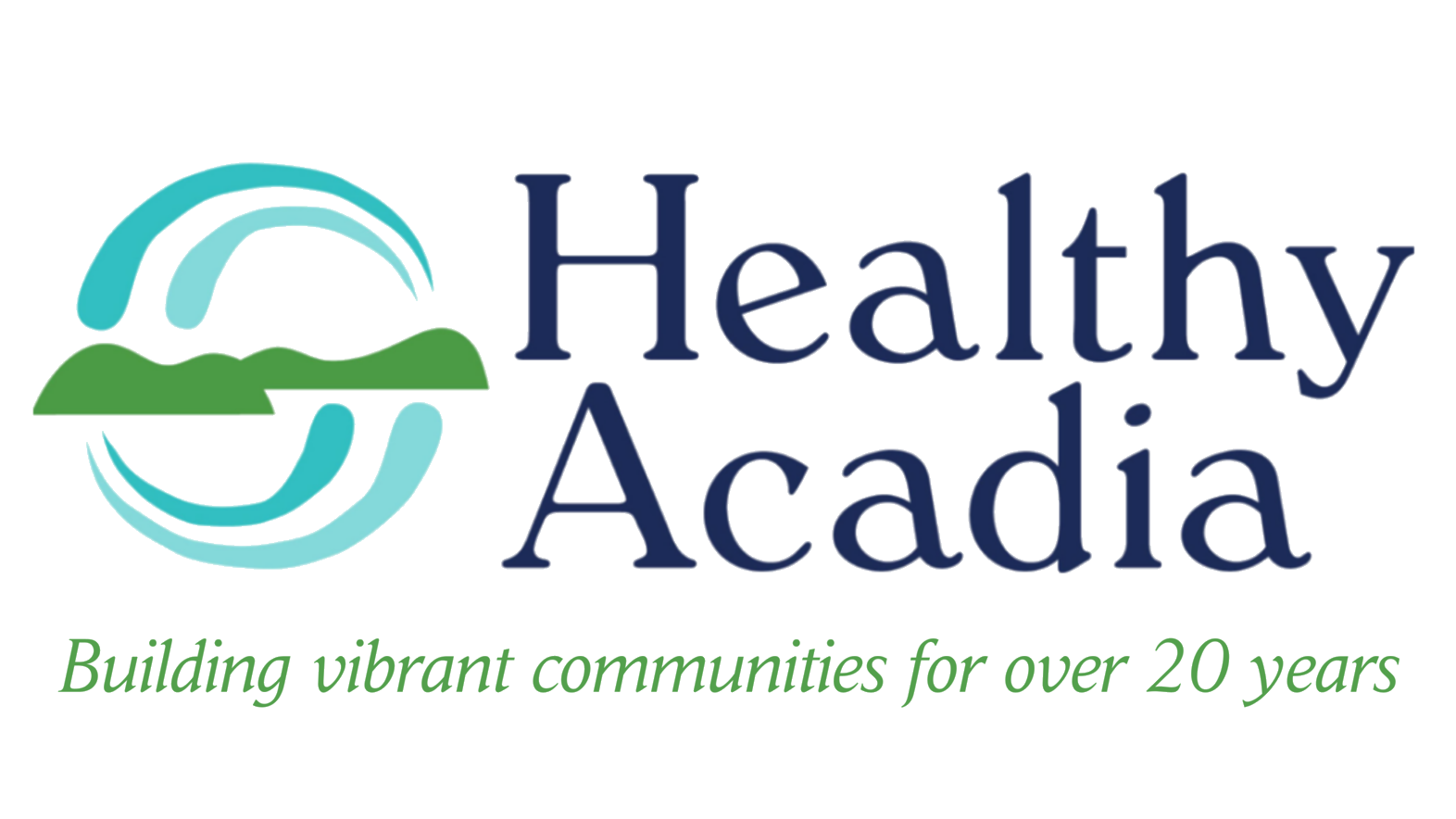RSV - What You Need to Know
Article contributed by Audra Stewart, Community Health and Communications Coordinator
What is RSV?
RSV stands for Respiratory Syncytial Virus. It is a common virus that infects the respiratory tract, primarily affecting the lungs and breathing passages. RSV is a leading cause of respiratory infections in infants and young children.
Who is at Risk for Severe Illness?
RSV infection can cause a variety of respiratory illnesses and symptoms in infants and young children. It most commonly causes a cold-like illness but can also cause lower respiratory infections like bronchiolitis and pneumonia. Two to three percent of infants with RSV infection may need to be hospitalized. Severe diseases most commonly occur in very young infants. Additionally, children with any of the following underlying conditions are considered at increased risk:
Premature infants
Infants, especially those 6 months and younger
Children younger than 2 years old with chronic lung disease or congenital heart disease
Children with suppressed or weakened immune systems.
Children who have neuromuscular disorders or a congenital anomaly, including those who have difficulty swallowing or clearing mucus secretions.
Children with severe cystic fibrosis
Infants and young children with RSV infection may have rhinorrhea (runny nose) and a decrease in appetite before any other symptoms appear. Cough usually develops 1 to 3 days later. Soon after the cough develops, sneezing, fever, and wheezing may occur. Symptoms in very young infants can include irritability, decreased activity, and/or apnea.
Most otherwise healthy infants and young children who are infected with RSV do not need hospitalization. Those who are hospitalized may require oxygen, rehydration, and/or mechanical ventilation. Most improve with supportive care and are discharged in a few days.
Can Adults Get RSV?
Although RSV infection generally causes mild upper respiratory disease in healthy adults, RSV can cause serious illness in adults with certain underlying medical conditions or other risk factors. Adults ages 60 years and older who are at higher risk for severe RSV disease include:
those with chronic medical conditions such as:
lung diseases (e.g., chronic obstructive pulmonary disease, asthma)
cardiovascular diseases (e.g., congestive heart failure, coronary artery disease)
neurological or neuromuscular conditions
kidney disorders
liver disorders
hematologic disorders
diabetes mellitus
moderate or severe immune compromise (either attributable to a medical condition or receipt of immunosuppressive medications or treatment)
those who are frail
those of advanced age
those who reside in nursing homes or other long-term care facilities
those with other underlying medical conditions or factors that a health care provider determines might increase the risk of severe respiratory disease
For examples of medical conditions or treatments that may cause people to become moderate to severely immunocompromised, visit CDC’s page, People Who Are Immunocompromised.
How to help prevent the spread of the RSV virus:
RSV season typically starts in the fall and peaks in the winter in most regions of the United States. Like other respiratory viruses, you can help limit the spread of RSV by using the following preventive measures:
Wash your hands often
Wash your hands often with soap and water for at least 20 seconds, and help young children do the same. If soap and water are not available, use alcohol-based hand sanitizer. Washing your hands will help protect you from germs.Keep your hands off your face
Avoid touching your eyes, nose, and mouth with unwashed hands. Germs spread this way.Avoid close contact with sick people
Avoid close contact, such as kissing, and sharing cups or eating utensils with people who have cold-like symptoms.Cover your coughs and sneezes
Cover your mouth and nose with a tissue or your upper shirt sleeve when coughing or sneezing. Throw the tissue in the trash afterward.Clean and disinfect surfaces
Clean and disinfect surfaces and objects that people frequently touch, such as toys, doorknobs, and mobile devices. When people infected with RSV touch surfaces and objects, they can leave behind germs. Also, when they cough or sneeze, droplets containing germs can land on surfaces and objects.Stay home when you are sick
If possible, stay home from work, school, and public areas when you are sick. This will help protect others from catching your illness.
Is there an RSV Vaccine?
Yes, an RSV Vaccine has been approved by the U.S. Food and Drug Administration. It’s recommended that the following groups get vaccinated against RSV.
Infants and young children
To prevent severe RSV disease in infants, CDC recommends either maternal RSV vaccination or infant immunization with RSV monoclonal antibody is recommended. Most infants will not need both.
Pregnant people
1 dose of the Abrysvo RSV vaccine during weeks 32 through 36 of pregnancy, administered immediately before or during RSV season. Adults aged 60 years and older
Older Adults
Adults aged 60 years and older may receive a single dose of RSV vaccine.
Learn more about the RSV vaccine at https://www.cdc.gov/vaccines/vpd/rsv/index.html.

